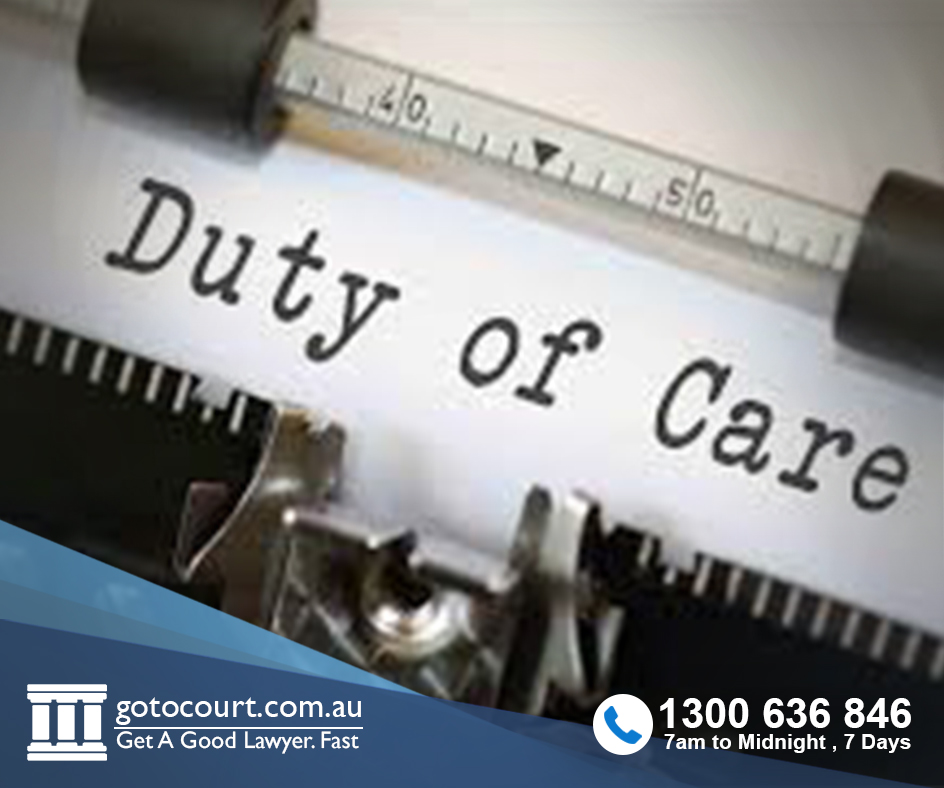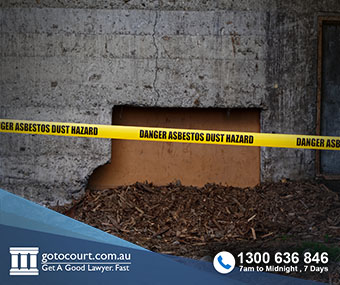Call our lawyers
now
or,
have our lawyers
call you
Defamation in Northern Territory
Updated on Mar 20, 2023 • 4 min read • 201 views • Copy Link
Defamation in Northern Territory
Prior to 2006, each of the states and territories operated its own laws in relation to the tort of defamation. However, with the introduction of the uniform defamation laws which began operating on 1 January 2006, the law as it relates to defamation is now largely consistent across Australia.
In the Northern Territory, the law relating to defamation is contained in the Defamation Act 2006.
Libel and slander
Traditionally under the common law, the tort of defamation has been broken up into two different kinds of defamation. These were libel, which involved defaming a person in writing, and slander, which involved defaming a person through spoken statements. This distinction was abolished by the Defamation Act 2006, meaning the one tort of defamation now applies to all defamatory statements.
Behaviour which constitutes defamation
In general terms, defamation is an act or communication by one person, whether it be in writing or spoken orally, that has a negative impact on the reputation of another person and is either untrue or not substantiated by facts.
Social media (eg facebook posts or twitter feeds) is becoming an increasingly important source of defamation cases, so you should always be careful what you say about other people online. For example, a high school student was ordered to pay his teacher $105,000 last year for saying on the internet that his teacher stole his dad’s job. The statement was untrue and not substantiated because his father chose to leave his role for health reasons.
More traditional sources that have led to defamation claims include newspaper articles about celebrities, or negative photographs. Artwork is also capable of giving rise to a defamation claim but might be much harder to prove.
Making a defamation claim
Whilst individuals are entitled to make defamation claims, most corporations cannot. Defamation claims must be made within one year from the date that the defamatory material is published; otherwise, the claim will be statute barred under the Limitations Act. Furthermore, defamation proceedings cannot be commenced in relation to deceased people.
It can be difficult to tell which State’s or Territories’ laws apply when you commence defamation proceedings. If the defaming material was published wholly within the Northern Territory, then the laws of the Northern Territory will apply. However, if the defaming material was published all across Australia, the law which applies is the law of the State or Territory in which the defamatory material has its closest connection.
Thanks to the uniform defamation laws however, this should not affect the conduct of the proceedings too substantively. Applications are made to the Supreme Court of the Northern Territory. Whilst the Supreme Court makes a decision on the case, it can issue an injunction to prevent the defamatory material from being published, but it may be difficult to get one of these orders because courts need to weigh the right not to be defamed with the right of free speech.
How to prove defamation
Generally speaking, you need to prove three things to make a successful defamation claim:
- There has been a communication made by the defendant to other people – this can occur, for example, via the internet or in person.
- The communication was about you – this can be difficult to prove in some cases. For example, some forms of communication like art are open to interpretation.
- The communication either negatively affects how other people think about you, or your reputation, or encourages other people to avoid you.
Defences to defamation
There are a significant number of defences to defamation proceedings. A large number of these are contained in the Defamation Act 2006.
Some examples of these defences include:
- A statement is not defamatory if it is substantially true. This is called the defence of justification.
- Statements which reflect an opinion (rather than fact) that is in the public interest and based on proper materials will not be defamatory. This is called the defence of honest opinion.
- Under the common law, there is a defence for statements made in relation to the government or another political topic. This is the defence of free speech.
Avoiding court
One of the main changes adopted by the uniform defamation laws was the adoption of a method for resolving defamation disputes without commencing court proceedings. In the Northern Territory under the Defamation Act, a person who commits defamation can make an offer to the aggrieved person to make amends.
The offer will usually be made after the aggrieved person gives the person a concerns notice. If the offer made was reasonable but rejected by the aggrieved person, the making of the offer can be a defence to defamation proceedings.

Affordable Lawyers
Our Go To Court Lawyers will assist you in all areas of law. We specialise in providing legal advice urgently – at the time when you need it most. If you need a lawyer right now, today, we can help you – no matter where you are in Australia.How It Works







1. You speak directly to a lawyer
When you call the Go To Court Legal Hotline, you will be connected directly to a lawyer, every time.


2. Get your legal situation assessed
We determine the best way forward in your legal matter, free of charge. If you want to go ahead and book a face-to-face appointment, we will connect you with a specialist in your local area.


3. We arrange everything as needed
If you want to go ahead and book a fact-to-face appointment, we will connect you with a specialist in your local area no matter where you are and even at very short notice.


















